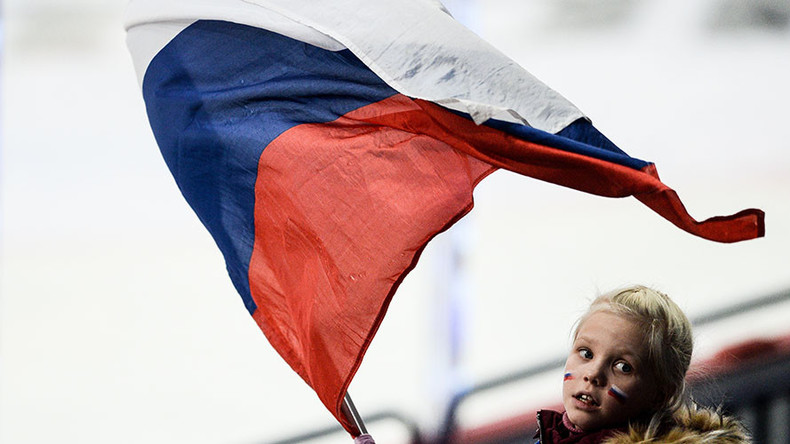Ruling party lawmaker proposes Russia create ombudsman post to deal with ethnic issues

MP Valery Milonov told RIA Novosti that many bitter ethnic conflicts result from simple misunderstandings or poor knowledge of the traditions or cultural specificities of the various ethnic groups living in Russia.
“In our multi-ethnic country, where different and often dissimilar cultures have coexisted for centuries, we need an intermediary who can assume mediating functions,” he stated.
The MP also said that, apart from preventing interethnic conflicts, the new ombudsman could promote national unity and also monitor violations of the rights of ethnic Russian communities outside the country.
“A great number of our compatriots who were left outside Russia’s borders after 1991 [the collapse of the Soviet Union and formation of separate post-Soviet states], as well as those who now reside in faraway foreign nations, often become targets of attacks and baiting. These people, even though they don’t hold Russian citizenship, still consider themselves to be part of a Greater Russia, and we cannot abandon them when they are in trouble and need our help and support,” Milonov told reporters.
The Russian Federation is home to over 190 ethnic groups. Today ethnic issues are dealt with by the Presidential Council on Inter-Ethnic Relations, which is a consultative body that issues reports and recommendations to government ministries and agencies. In 2013, the council members proposed launching a separate state agency to promote national unity and monitor levels of tolerance in mass media.
Given that accord between peoples is essential in a multi-ethnic nation like the Russian Federation, earlier this month, President Vladimir Putin urged Russian lawmakers to start working on a ‘Law on the Russian Nation’ aimed at developing interethnic relations based on the current strategy.
At the same time, Putin said he was not dissatisfied with the current situation. About 80 percent of Russian citizens consider relations between the country’s various ethnic groups friendly or normal, which is up from 55 percent just a few years ago.










